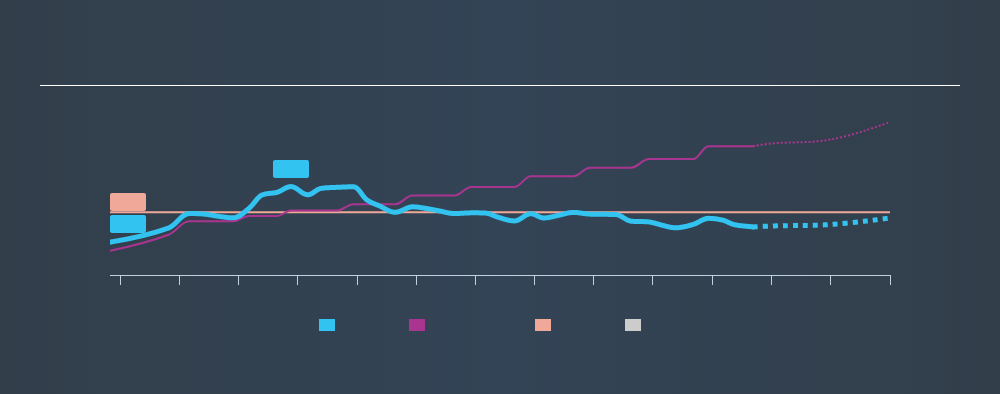- United States
- /
- Insurance
- /
- NYSE:THG
Here's What We Like About The Hanover Insurance Group, Inc. (NYSE:THG)'s Upcoming Dividend

Some investors rely on dividends for growing their wealth, and if you're one of those dividend sleuths, you might be intrigued to know that The Hanover Insurance Group, Inc. (NYSE:THG) is about to go ex-dividend in just 4 days. This means that investors who purchase shares on or after the 12th of September will not receive the dividend, which will be paid on the 27th of September.
Hanover Insurance Group's next dividend payment will be US$0.60 per share. Last year, in total, the company distributed US$2.40 to shareholders. Last year's total dividend payments show that Hanover Insurance Group has a trailing yield of 1.8% on the current share price of $134.14. Dividends are a major contributor to investment returns for long term holders, but only if the dividend continues to be paid. So we need to check whether the dividend payments are covered, and if earnings are growing.
See our latest analysis for Hanover Insurance Group
Dividends are typically paid out of company income, so if a company pays out more than it earned, its dividend is usually at a higher risk of being cut. Fortunately Hanover Insurance Group's payout ratio is modest, at just 31% of profit.
Companies that pay out less in dividends than they earn in profits generally have more sustainable dividends. The lower the payout ratio, the more wiggle room the business has before it could be forced to cut the dividend.
Click here to see the company's payout ratio, plus analyst estimates of its future dividends.

Have Earnings And Dividends Been Growing?
Companies with consistently growing earnings per share generally make the best dividend stocks, as they usually find it easier to grow dividends per share. If earnings fall far enough, the company could be forced to cut its dividend. With that in mind, we're encouraged by the steady growth at Hanover Insurance Group, with earnings per share up 6.3% on average over the last five years.
Another key way to measure a company's dividend prospects is by measuring its historical rate of dividend growth. In the past ten years, Hanover Insurance Group has increased its dividend at approximately 18% a year on average. It's encouraging to see the company lifting dividends while earnings are growing, suggesting at least some corporate interest in rewarding shareholders.
To Sum It Up
Is Hanover Insurance Group worth buying for its dividend? It has been growing its earnings per share somewhat in recent years, although it reinvests more than half its earnings in the business, which could suggest there are some growth projects that have not yet reached fruition. In summary, Hanover Insurance Group appears to have some promise as a dividend stock, and we'd suggest taking a closer look at it.
Ever wonder what the future holds for Hanover Insurance Group? See what the five analysts we track are forecasting, with this visualisation of its historical and future estimated earnings and cash flow
We wouldn't recommend just buying the first dividend stock you see, though. Here's a list of interesting dividend stocks with a greater than 2% yield and an upcoming dividend.
We aim to bring you long-term focused research analysis driven by fundamental data. Note that our analysis may not factor in the latest price-sensitive company announcements or qualitative material.
If you spot an error that warrants correction, please contact the editor at editorial-team@simplywallst.com. This article by Simply Wall St is general in nature. It does not constitute a recommendation to buy or sell any stock, and does not take account of your objectives, or your financial situation. Simply Wall St has no position in the stocks mentioned. Thank you for reading.
About NYSE:THG
Hanover Insurance Group
Through its subsidiaries, provides various property and casualty insurance products and services in the United States.
Undervalued with excellent balance sheet and pays a dividend.
Similar Companies
Market Insights
Community Narratives



